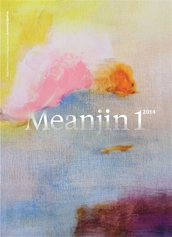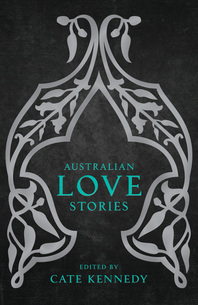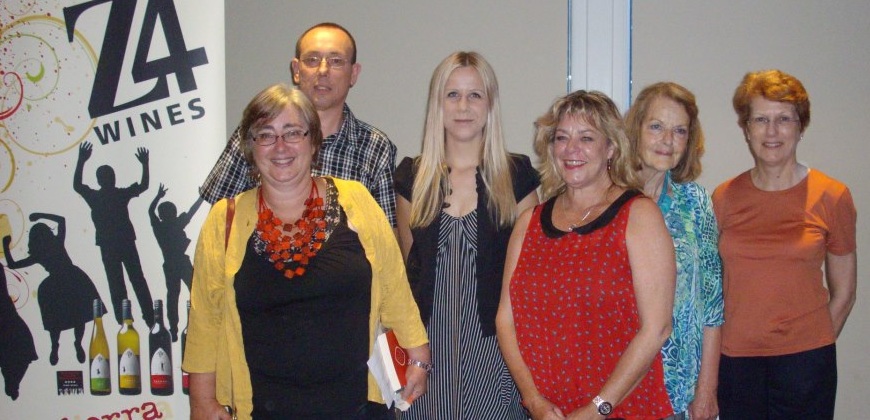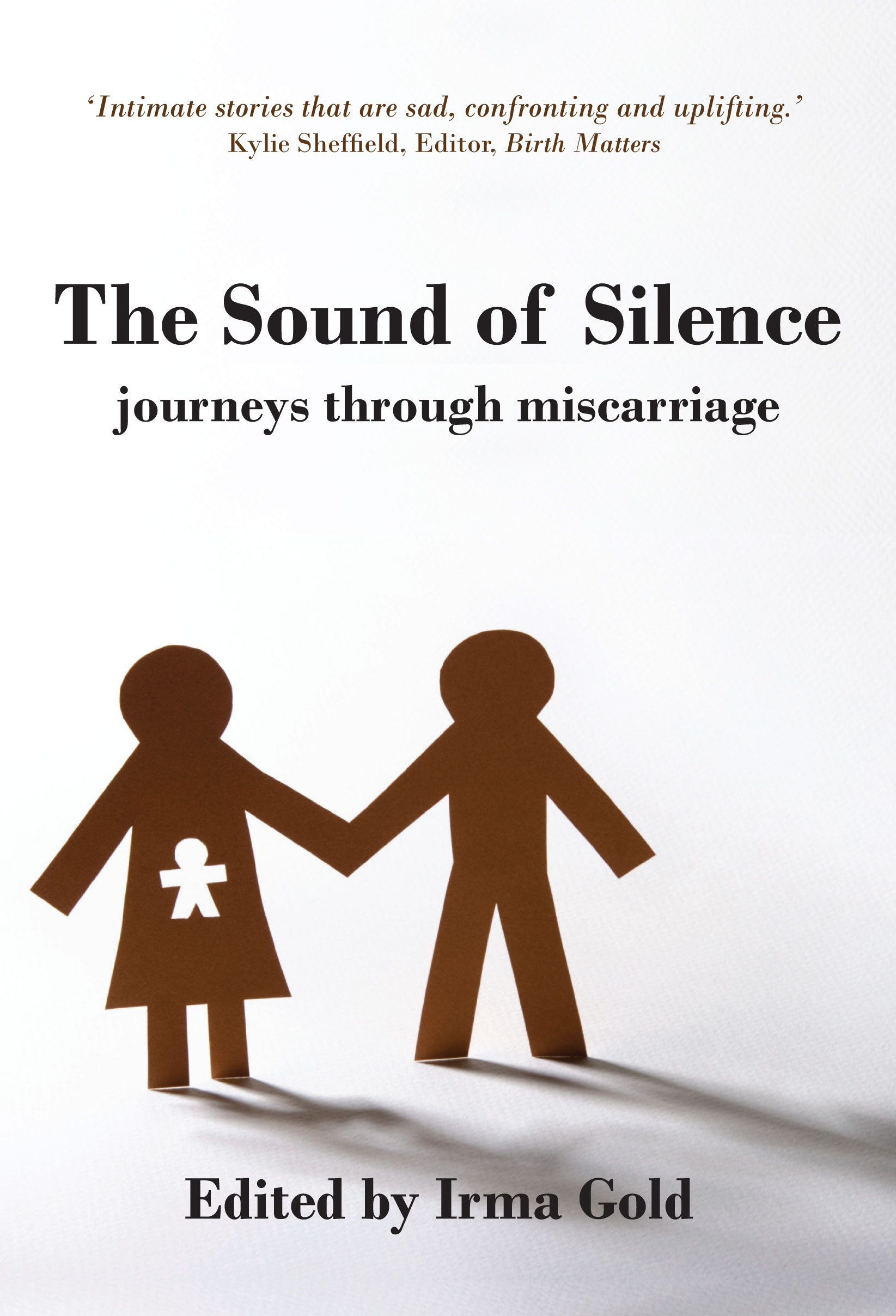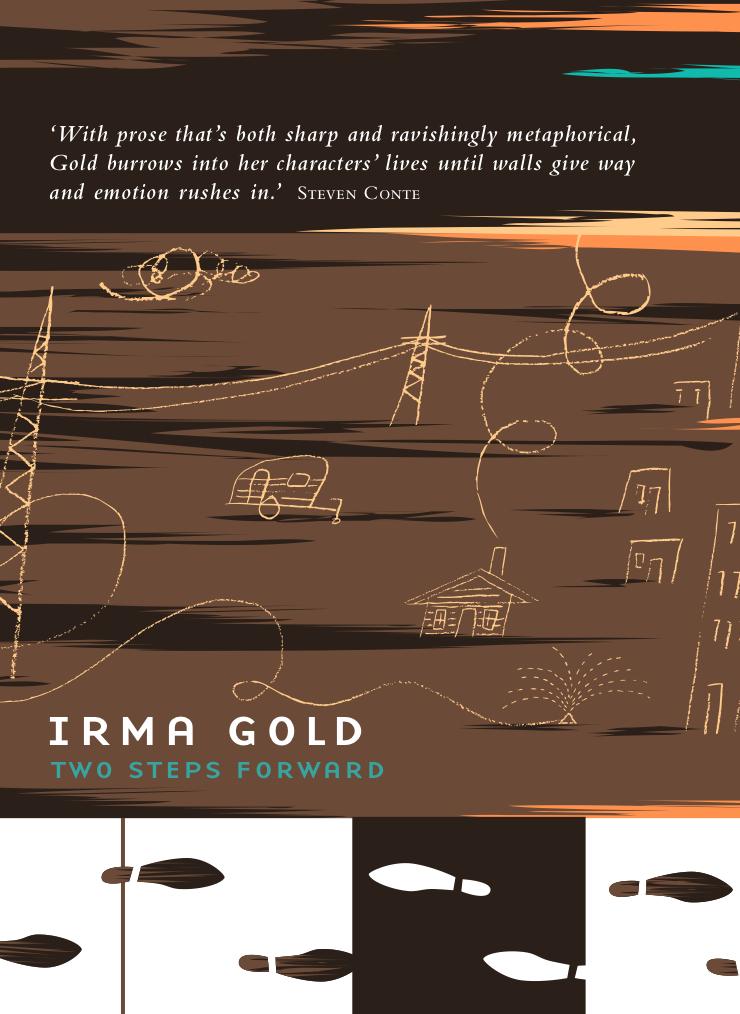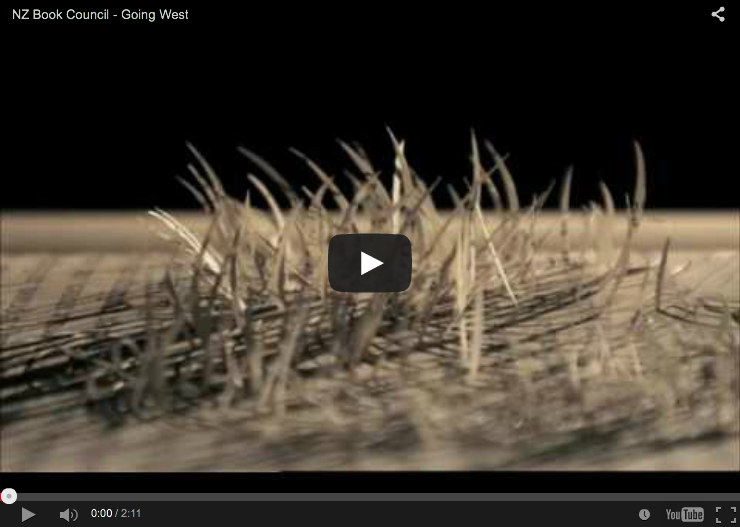WHAT I WISH I KNEW BEFORE I WAS PUBLISHED
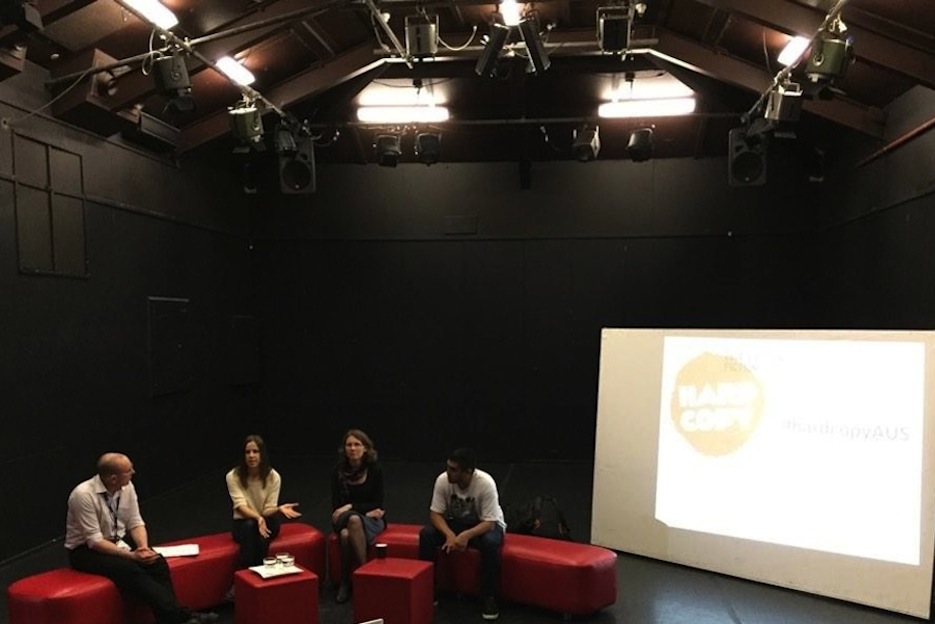 I was recently part of a panel on this topic with Omar Musa, Lucy Neave and Nigel Featherstone (Chair) for HARDCOPY. We had a wide-ranging and thoroughly enjoyable discussion and I thought it might be useful to pick up and elaborate on a few of the points discussed.
I was recently part of a panel on this topic with Omar Musa, Lucy Neave and Nigel Featherstone (Chair) for HARDCOPY. We had a wide-ranging and thoroughly enjoyable discussion and I thought it might be useful to pick up and elaborate on a few of the points discussed.
1. Your heart is published along with the book
Before this session I asked some fellow writers what they wished they’d known and Kim Lock put it beautifully when she said, ‘I didn’t realise quite how much of my heart would be published along with the book.’ She explained: ‘I found that reviews mattered and affected me far, far more than I’d anticipated they would. I found even the slightest criticism would stick with me for days.’
Having a book published can be a raw and vulnerable time, especially if reviews are excoriating. I’ve been fortunate that I haven’t experienced one of those yet (right now I’ve stopped typing to frantically touch wood, cross fingers and toes etc, though in truth it’s only a matter of time). But I clearly remember analysing one line in a review of Two Steps Forward for a good 10 minutes. It’s meaning was unclear but it sounded potentially negative. ‘Do you think the subeditors changed something?’ I said to my bloke, and we tried to guess what might have been altered, and what criticism the reviewer might have been trying to make. In the end I concluded that if I couldn’t work it out after 10 obsessive minutes of dissection then no one else would either.
Read More »WHAT I WISH I KNEW BEFORE I WAS PUBLISHED
Authors often talk (usually privately) about being floored by reviews, which is no doubt why some authors say they don’t read them (frankly, I don’t believe them). On the other hand, a thoughtful critique is like a gift. It can make you think about your work in a new light — both its successes and failures — which is invaluable. There was one review of Two Steps Forward that made me think deeply about the subconscious motivations for writing the characters I do. It gave me a new understanding of my work. That’s pretty incredible.
2. Know when to stick to your guns
Throughout the publishing process it’s important to know when to stick to your guns and when to compromise. I think I mostly get this balance right but I do have one small regret. Two Steps Forward was a title my publisher chose and I never much liked it. They decided that my original title, The Anatomy of Happiness, was too long and too literary. There are plenty of published titles of similar length, but they wanted something more accessible. The idea behind the Long Story Shorts series that Two Steps Forward was a part of was to make the short story appeal to a wider audience. If I was Tim Winton, I thought, I would stick to my guns, but as this was my debut collection I didn’t want to become one of those ‘difficult’ authors. I went back and forth with my publisher about the title but in the end acquiesced. If I had a time machine I’d pretend to be Winton and stick to my guns on this one. But I should add that this is my only minor regret in what was an exemplary publication process.
3. It’s tough out there
It’s been estimated that only one percent of all work submitted to publishers ever makes it into print. So it’s tough to get that first publication. What is probably less well known is that in the current climate it’s also tough to get the next book published. I know authors who’ve had two or three or more books published and are now struggling to find a publisher for their next book. Once upon a time I naively thought that with that first book the door to the publishing world opened and everything just rolled on from there. In truth it’s only the first door in a long corridor of doors.
4. Authors make a piddling about of money
Unless you’re Stephen King or JK Rowling you’re going to need to have another source of income other than advances and book sales. Natasha Lester wrote an honest and revealing article about this recently. She quotes stats that the average debut novel of an Australian author sells only 984 copies. Authors earn 10 per cent of the cover price, so for example $2.99 of a book with the rrp of $29.95. Therefore, 984 copies equates to just under $3K. And that’s for a book you might have spent three, five or 10 years writing. In short, when you sign your first book contract don’t ditch your day job.
5. There will always be doubt…
…and you just have to push through it. Personally, I have found it somehow reassuring that even the most accomplished writers are still filled with doubt about their ability. Interviewing Miles Franklin Award winner Roger McDonald was a revelation for me. He said, ‘Even when I’m close to finishing [a book], I’m thinking, ‘This is never going to work.’ That’s my struggle…it always seems just a little bit out of reach.’
Peter Carey puts it like this: ‘Writers spend a lot of their life failing at what they are doing. The chances are on any given day you are going to finish having not quite succeeded but you have that nasty feeling that there’s something false about what you have done. That process is painful: you are always filled with doubt.’ And yet there are days ‘when you are writing and you know you are doing something fabulous, and there’s no feeling like that on earth’. That’s what keeps us going, right?
Knowing that experienced authors like Roger and Peter still feel this way helps disempower my own doubt. It will always come and go, so you just have to get on with the writing in spite of it. We are all human, wrestling with the immense spirit of creativity. It’s one beautiful, messy, doubt-filled process.

